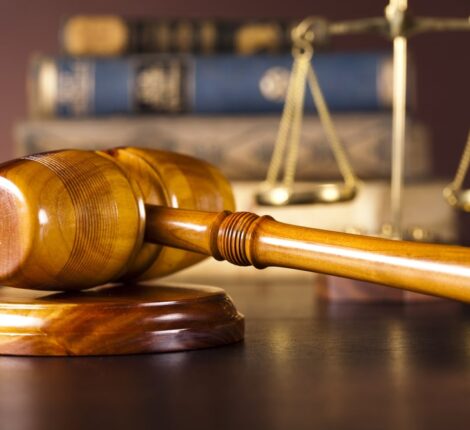Demystifying Medical Malpractice Lawsuits: Your FAQs Answered on Evidence and Its Role in Your Claim
Medical Malpractice Lawyer
 Medical malpractice is a serious issue that can result in severe harm to patients. If you or a loved one have been a victim of medical negligence, it’s important to understand your rights and the role of evidence in a medical malpractice lawsuit. Let’s explore the answers to some FAQs.
Medical malpractice is a serious issue that can result in severe harm to patients. If you or a loved one have been a victim of medical negligence, it’s important to understand your rights and the role of evidence in a medical malpractice lawsuit. Let’s explore the answers to some FAQs.
What is considered evidence in a medical malpractice lawsuit?
Evidence in a medical malpractice lawsuit typically includes any information, documentation, or testimony that supports your claim of medical negligence. This may include medical records, charts, imaging studies, lab results, witness statements, expert opinions, and other relevant documents. Evidence can also be in the form of tangible items, such as medical devices or instruments used during the medical procedure. It’s vital to gather as much evidence as you can—which an attorney can help with.
How important is evidence in a medical malpractice lawsuit?
Evidence plays a critical role in a medical malpractice lawsuit as it serves as the foundation for your claim. It helps establish the facts of the case, demonstrates the breach of the standard of care, and proves that the medical negligence caused the harm you suffered. Not having the proper evidence can make building your case difficult. Therefore, it’s crucial to gather and preserve all relevant evidence as soon as possible after the incident of medical negligence.
What types of evidence are particularly important in a medical malpractice lawsuit?
Several types of evidence can be particularly significant in a medical malpractice lawsuit. These may include:
- Medical records: Detailed medical records, including charts, notes, and reports, can provide crucial information about the medical care provided, any deviations from the standard of care, and the resulting harm.
- Expert opinions: Testimony from qualified medical experts who can provide opinions on the standard of care and how it was breached can be persuasive in a medical malpractice lawsuit.
- Witness statements: Alongside your own personal testimony, statements from other people that witness either the medical malpractice occur or the after-effects can prove very critical.
- Documentation of damages: Evidence of the physical, emotional, and financial damages suffered as a result of the medical negligence, such as medical bills, lost wages, and pain and suffering, can be critical in establishing the extent of your losses.
- Tangible items: Any tangible items used during the medical procedure, such as medical devices or instruments, can be important evidence to show any defects or malfunctions that may have contributed to the medical negligence.
How can I gather and preserve evidence for my medical malpractice lawsuit?
Gathering and preserving evidence for a medical malpractice lawsuit can be complex and require professional assistance. Here are some steps to consider:
- Request medical records: Obtain copies of all relevant medical records, including charts, notes, reports, and imaging studies, as soon as possible after the incident of medical negligence.
- Document damages: Keep detailed records of all medical bills, lost wages, and other damages suffered as a result of medical negligence.
- Preserve tangible items: If there are any tangible items used during the medical procedure, such as medical devices or instruments, make sure to preserve them and prevent them from being tampered with or destroyed.
- Collect witness statements: Identify and interview witnesses who observed the medical negligence or its effects and obtain their statements in writing or through recorded interviews.
- Obtain expert opinions: Consult qualified medical experts
- Seek legal representation: Hiring an experienced medical malpractice lawyer can help you navigate the legal process, something our friends at the Ward & Ward Law Firm agree with.




